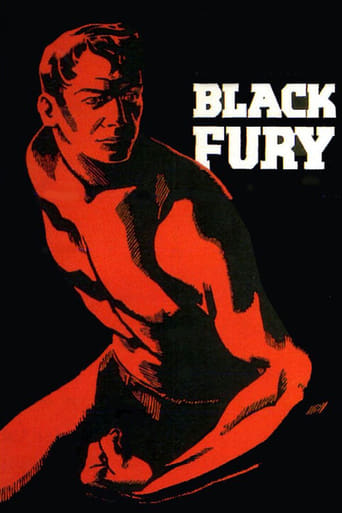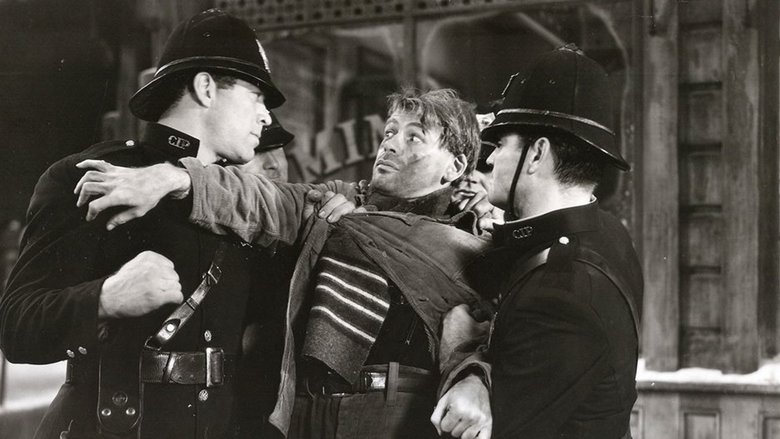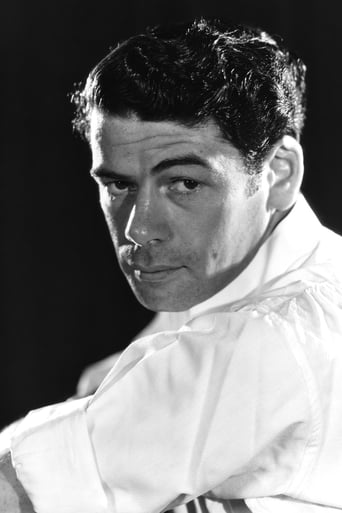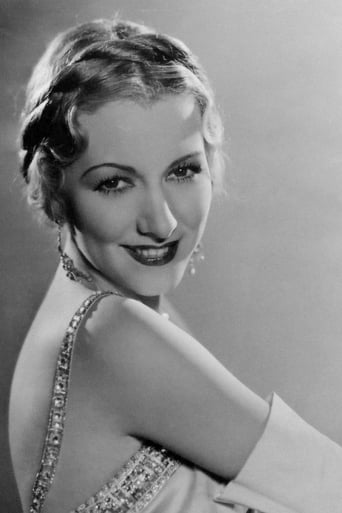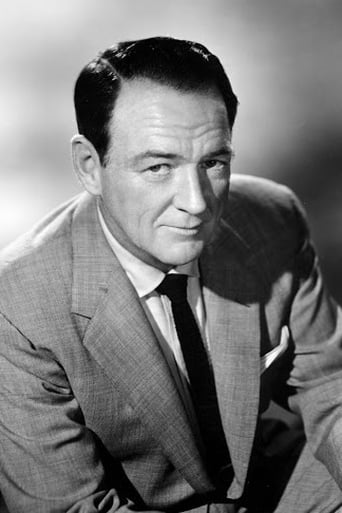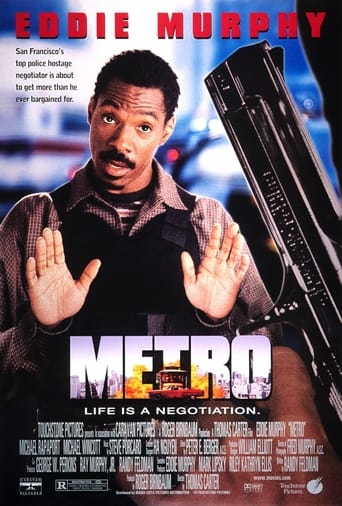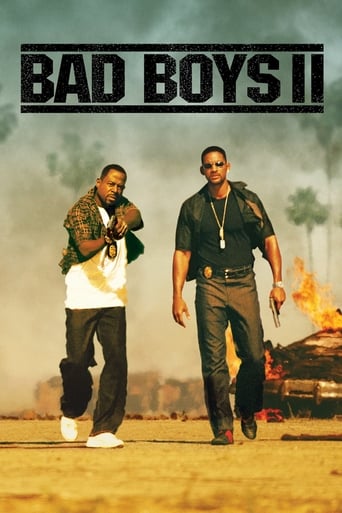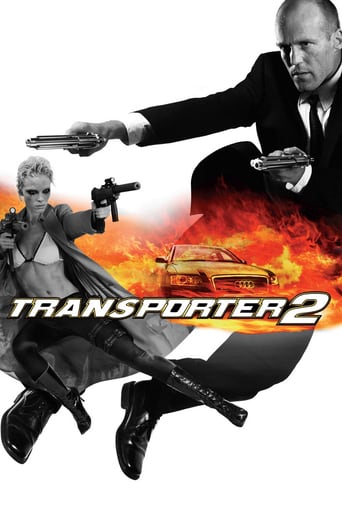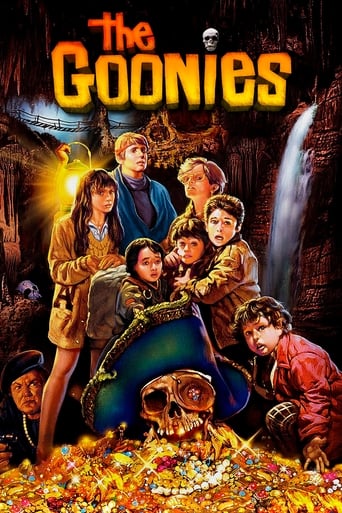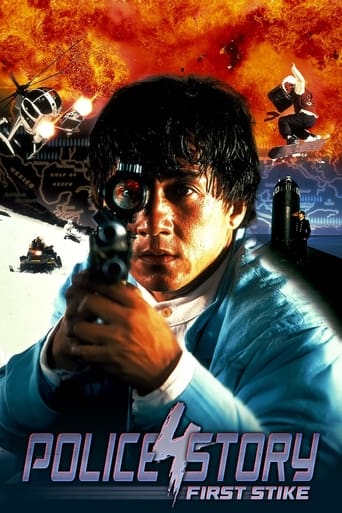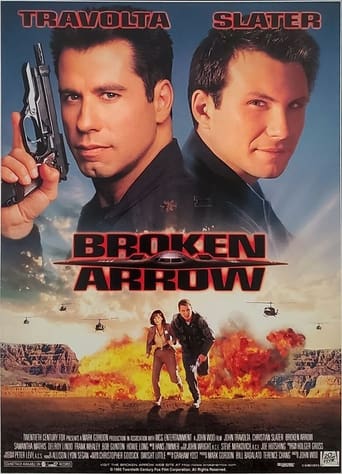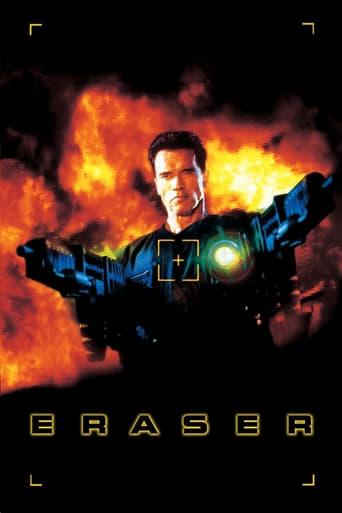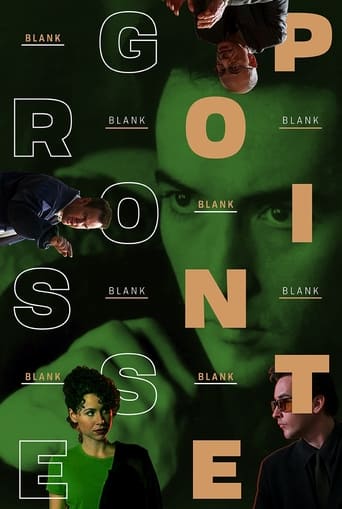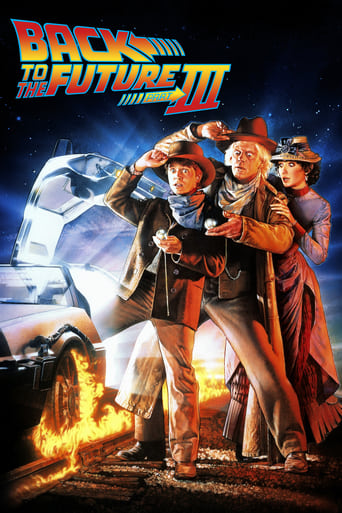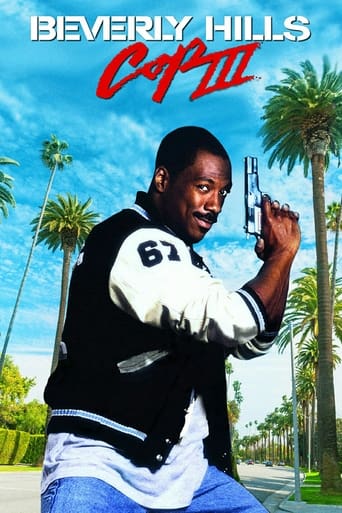Black Fury (1935)
A simple Pennsylvania coal miner is drawn into the violent conflict between union workers and management.
Watch Trailer
Cast


Similar titles
Reviews
I like the storyline of this show,it attract me so much
Very best movie i ever watch
The joyful confection is coated in a sparkly gloss, bright enough to gleam from the darkest, most cynical corners.
It's a feast for the eyes. But what really makes this dramedy work is the acting.
Dynamic social conscience movie from the 1930's studio of record, Warner Bros.-- MGM may have had the glitz, but Warners had the heart. The film is no unmixed triumph. Muni over- acts, at times outrageously, yet most importantly there's no effort at prettifying the lives of the miners. The company shacks the miners must rent are unrelievedly dingy; the streets, narrow and drab; the women, unadorned in cheap house dresses. The only polish or comfort comes from company offices, but that too is understated. The underground sets look authentic-- closed-in, dirty and dangerous. No wonder the company keeps battalions of "cops" on hand. This "company town" is more like a penal colony than a work site, and I'm reminded of the old Tennessee Ernie Ford song "Sixteen Tons". Anyone thinking these conditions exaggerate should Google "Ludlow massacre" or "United Mine Workers of America" for historical insight.The screenplay does a good job of weaving personal stories into the larger social context. At the same time, there are several topical points to note. First, there's a union-management agreement in place at the movie's outset. Neither side is fully happy, but work is proceeding (notice miners aren't paid for work not directly that of extracting coal!). Trouble is that strike-breaking companies like the one Croner (Naish) works for aren't making money during periods of labor calm. So, through Croner, they exploit lingering grievances to break the agreement, and make money. The screenplay casts them as the real villains, and not the union nor the company. Thus, the studio plays it safe by refusing to take sides between labor and management. And if miners are still unhappy, the script suggests conditions will continue to improve with the union behind them. Then too, once the various conflicts ( miners vs. strike-breakers; Radek {Muni}vs. Mc Gee {MacLane}) culminate, a federal government, depicted as justice-seeking, steps in to punish wrong-doers and guarantee the new agreement.Thus, the government in Washington is cast in a non-partisan and positive light. At the same time, union and management are shown as able to reconcile their differences as long as there's no outside agitation. Now, this is in practical alignment with actual New Deal policy towards emergent industrial unions and newly installed federal bargaining rules (National Labor Relations Act). On the other hand, had the script wanted, Croner could have come from the political Left (Communist or socialist) instead of the political Right (strike- breakers). In historical fact, Roosevelt had to confront militant forces from both Left and Right in forging what became a Centrist labor policy that continued for decades. At the same time, the movie reflects much of that approach. Indeed, Warner Bros. was the New Deal's best friend in Hollywood as its many topical films from that period testify. The movie does a good job of motivating the characters. The popular Radek becomes a vulnerable fall-guy for Croner once Anna (Morley) jilts him. Revealingly, both he and Anna are motivated by desires to escape the grueling life of the mines. Farm life may, in turn, be as burdensome, but at least you're your own boss. The very real problem of alcoholism is also hinted at in several scenes, it being the one escape open to the men. Note, however, that the screenplay remains vague on the demands of the break-away union faction, perhaps to keep the audience from taking sides over the strike. Something should also be said about that fine actress Karen Morley, a real-life labor activist in the actor's union. Her angular features bordered on prettiness, but were especially effective in registering icy determination, as a number of 30's films testify (e.g. Our Daily Bread, (1934). Despite its many dated elements, the movie should not be looked at as a dead artifact. True, many of the awful work and living conditions depicted in the movie have since been overcome, thanks to labor's right to organize and bargain. Nonetheless, in our own time, many industrial jobs have been exported to low-wage countries, while coal as an energy source has been de-emphasized. Nonetheless, the basic conflicts between labor and management remain, whether blue-collar or white-collar, while government's role remains key. And in a sagging economy rife with unemployment and stagnant wages, old movies like Black Fury continue to resonate.
Never realized that Paul Muni, (Joe Radek) played in a film concerning miners in Pennsylvania and gave such an outstanding performance beyond anything I realized he had accomplished in his long career on the silver screen. In this film Joe Radek is an immigrant to this country, however, he is very clever in many ways and seeks justice for his fellow workers in the coal mine in which the town people work. Karen Morley,(Anna Novak) gives a great supporting role to this film and really loves Joe Radek and what he is trying to accomplish. The town is controlled by the coal mine owners and Barton MacLane,( McGree )along with William Gargan,(Slim Johnson/Company Police bully the people in the town along with J Carrol Nash,(Steve Croner) who all work against the miners and control their living conditions. There is a big problem trying to establish a Labor Union and there is a constant battle between the very poor and rich people of the community. Paul Muni gave the best performance I have ever seen in this Classic 1935 film, don't miss this picture.
During the Thirties Warner Brothers had the reputation of being the working class studio and it was films like Black Fury that made for Warner Brothers that reputation. It was rare indeed to see another studio take stories about ordinary working people. Mostly they concentrated on the middle and upper classes because film was a form of escapism during the Depression. Black Fury coming out as it did in the middle of the New Deal was a timely reminder of the difficulties organized labor faced. Not coincidentally 1935 was the year that the Wagner Labor Relations Act was passed, an effort finally by the government to give labor some kind of equal footing with management. The need of the Wagner Act was to correct some of the abuses shown in films like Black Fury.Paul Muni plays happy go lucky immigrant coal miner Joe Radek. A man admittedly who works hard and no one thinks of as any kind of brain. He gets used good and proper by the company to stir up the miners so they will strike and give the company an excuse to lock out the union and bring in scabs.What you see with those miners living on subsistent wages in company towns was taken right from current headlines. It may be ancient history to us now, but it was very real for those people back in the day. The Pinkertons as represented by brutal and corrupt company policeman Barton MacLane had an unsavory reputation as strikebreakers and enforcers for management. That too is no exaggeration. Muni, aided and abetted by former girl friend Karen Morley now seeing the error of some of her ways, sees what a chump he's been and takes some real direct action against the employers. It's spectacular I'll tell you that.Though his acting style seems to have not worn well with some, not with me mind you, Muni was given a really rare tribute that year. His performance as Joe Radek was the second time a performer had a sustained write-in campaign for him for an acting Oscar. He finished second in the balloting to Victor McLaglen for The Informer and ahead of Mutiny of the Bounty nominees, Clark Gable, Charles Laughton, and Franchot Tone. The following year the Academy banned write-ins and that's been so ever since. Of course the following year Muni won his Oscar for The Story of Louis Pasteur.We've moved on in America from an industrial to an information based society and films like Black Fury are now part of history. But it's a history we should not forget.
In 'Black Fury', Paul Muni gives one of his best performances, and also appears on screen in one of his more plausible make-ups. This time he plays a Slavic immigrant, uneducated but keenly intelligent, working in an American coal mine. Muni's hair is dyed blond, yet looks realistic, and his own Eastern European facial features work with this characterisation ... not against it, as they did for some of his other roles. The film also features a fine performance from John Qualen, a prolific character actor whose film appearances were often marred by unconvincing and unnecessary foreign accents of the "yumpin' yiminy!" sort. In 'Black Fury', Qualen's flavour-of-the-month accent is less obtrusive than usual, and it actually works for the character he plays: a Polish-American miner.Joe Radek (Muni) is a miner in a 'company town', where all the labourers are poorly-paid and live in squalid shanties. Radek and his fellow miners work in extremely dangerous conditions. The company that owns the mine also owns all the local businesses, and the local police force also work for the mining company. The cops have no interest in justice: they're bullies whose only concern is to keep the locals quiet and subservient to the company. The head cop is a slimy sadist named McGee, well-played by Barton MacLane. Radek's buddy Shemanski (Qualen) gets drunk one night and makes the mistake of criticising company policy: staggering home that night, he has a fatal 'accident' arranged by McGee's goons.To call attention to various grievances, Radek fills the mineshaft with dynamite. He packs several days' worth of food for himself, then he takes McGee hostage at gunpoint and brings him into the mine. Radek chains McGee to the pit face, slightly out of reach of Radek's food supply. If Radek's demands aren't met, he's going to blow up the mine ... with himself and McGee inside. After they've been in the mine for several days, there's one harrowing shot of the starving McGee chained to the wall, begging Radek for food. The film ends with one of those slam-bang action climaxes that Warner Bros did so well, spiced with some social commentary that doesn't get too preachy.The film boasts an excellent supporting cast, filled with actors who are (mostly) more obscure than usual, which helps us to immerse ourselves in the action. Karen Morley, quietly beautiful, gives a fine performance, and Michael Curtiz (a very underrated director) does his usual superlative work.'Black Fury' is based on a story by Michael A. Musmanno, a Pennsylvania lawyer of Italian descent. Late in his life, Musmanno devoted several decades to writing a book called 'Columbus *WAS* First' (his emphasis), which purported to prove that no European explorers reached the Americas before Columbus. Musmanno's claims for Columbus have long since been disproven, but 'Black Fury' is an excellent film. I'll rate this movie 9 points out of 10.Trivia note: Shortly after this movie was released, Warner Brothers released a Loony Toon starring Porky Pig as a hunter who had a dog named Black Fury. What a shameless plug!

